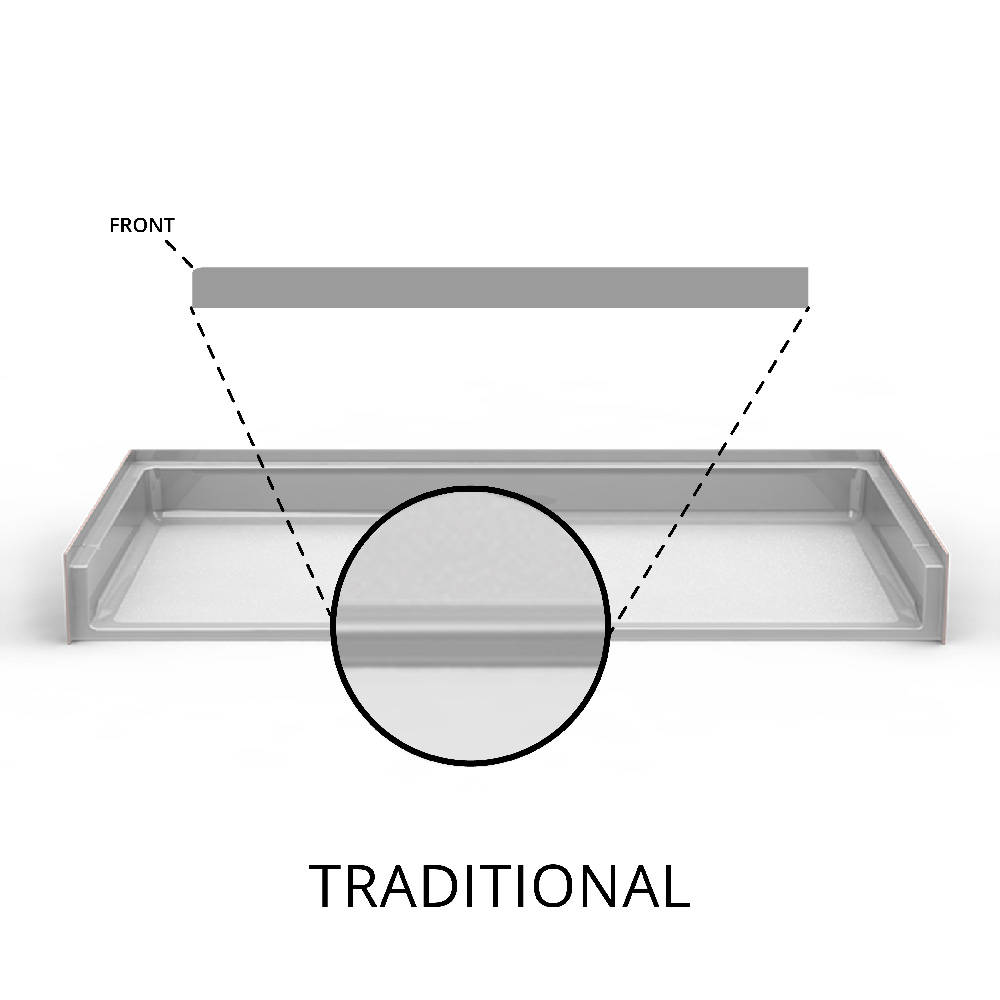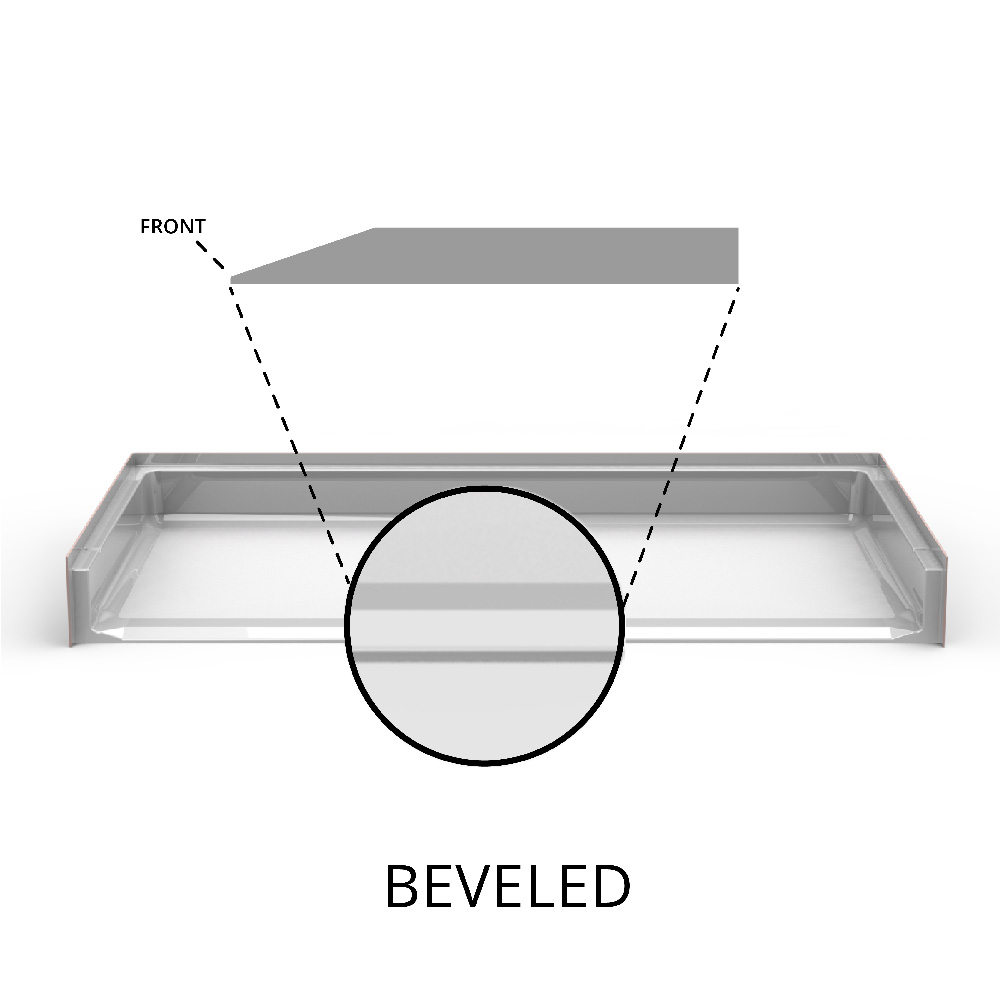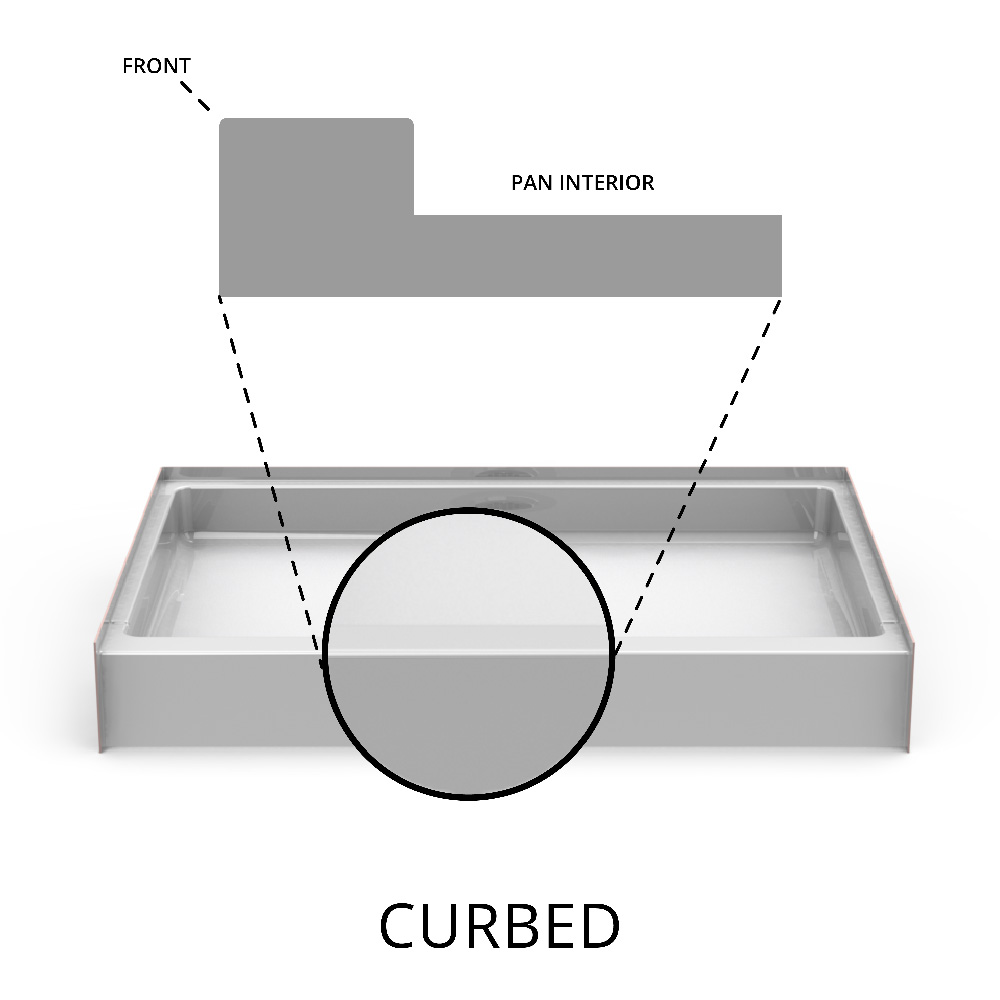Uncategorized
Moving in with grandma and grandpa: What to expect
As baby boomers grow older, many families are making decisions on where they parents will live. Some living options include parents staying at home, intergenerational housing where parents move in with their children and grandchildren, or parents moving into a retirement home, supportive housing or a long-term care home.
According to the 2011 census, 92.1 per cent of seniors (above the age of 65) of about five million seniors lived in private households, whether it was with a partner, alone or with others. The census also reveals that there’s an uptick in the number of multigenerational households with 362,600 families in this situation out of 13 million private households.
Having your parents move in with your family is a big decision and it will lead to many changes in your household.
Renovations
Depending on your parent’s health and your current property, you may need to renovate or remodel your space so its accessible. This may include a walk-in tub or a roll-in shower, shower seat or grab bars in the bathroom or living space. As your parents age, it’s important to discuss any potential plans with your parents sooner rather than later so you have time to save up for any home renovations that need to be done. While money may be a taboo topic for some families and your parents may have an idea of their future living plans, it’s important to make sure everyone is on the same page.
Less space
In deciding your renovations plans, you may need to cordon off some space for mom and dad. You and your parents may be alright with having a room among the rest of the family and sharing the living area or your family may decide that there should be a separate entrance for privacy. Whichever choice you make, you may need to clear out space for your parents to move in. Figure out how much space you can offer in your home and find out whether it’s sufficient for your parents needs. In some cases, you may need to rent a storage unit to store some of your family’s or your parents’ items.
Additional care
It’s important that you’re aware of any current health conditions your parents may have, this way, you know what to do if an emergency arises. Keep everyone in the household informed to ensure your grandparent’s safety. How much care your grandparents need depends on how independent they are. If they face certain dietary restrictions, you’ll need to account for if you’re cooking for the entire family or if they have regular check ups and need help getting there, either you or your spouse may need to accommodate that.
Increased costs
Families need to budget for any renovations that need to be done to make the home safe for your parents or grandparents, along with any additional costs such as food, hydro, electricity, water and the cost of renting a storage unit, if applicable. More people typically means additional household costs and it’s up to you, your partner and your parents to discuss how these costs are handled – whether it involves selling their previous home, tapping into their retirement funds or tapping into government assistance programs.
For all these changes, communication is key to ensuring that everyone is happy with the situation. Read our next blog post about how to discuss your parent’s living situation with your spouse, children and parents.
For over 15 years, Barrier Free Living has provided accessible products which are tailored to your unique requirements, ensuring your safety while maintaining your level of personal independence, dignity and satisfaction. As North America’s leading distributor of barrier free products for seniors and people with disabilities, Barrier Free Living continues to deliver excellent service and expert advice. Contact us at 1-877-717 7027 or visit www.barrierfree.org.



